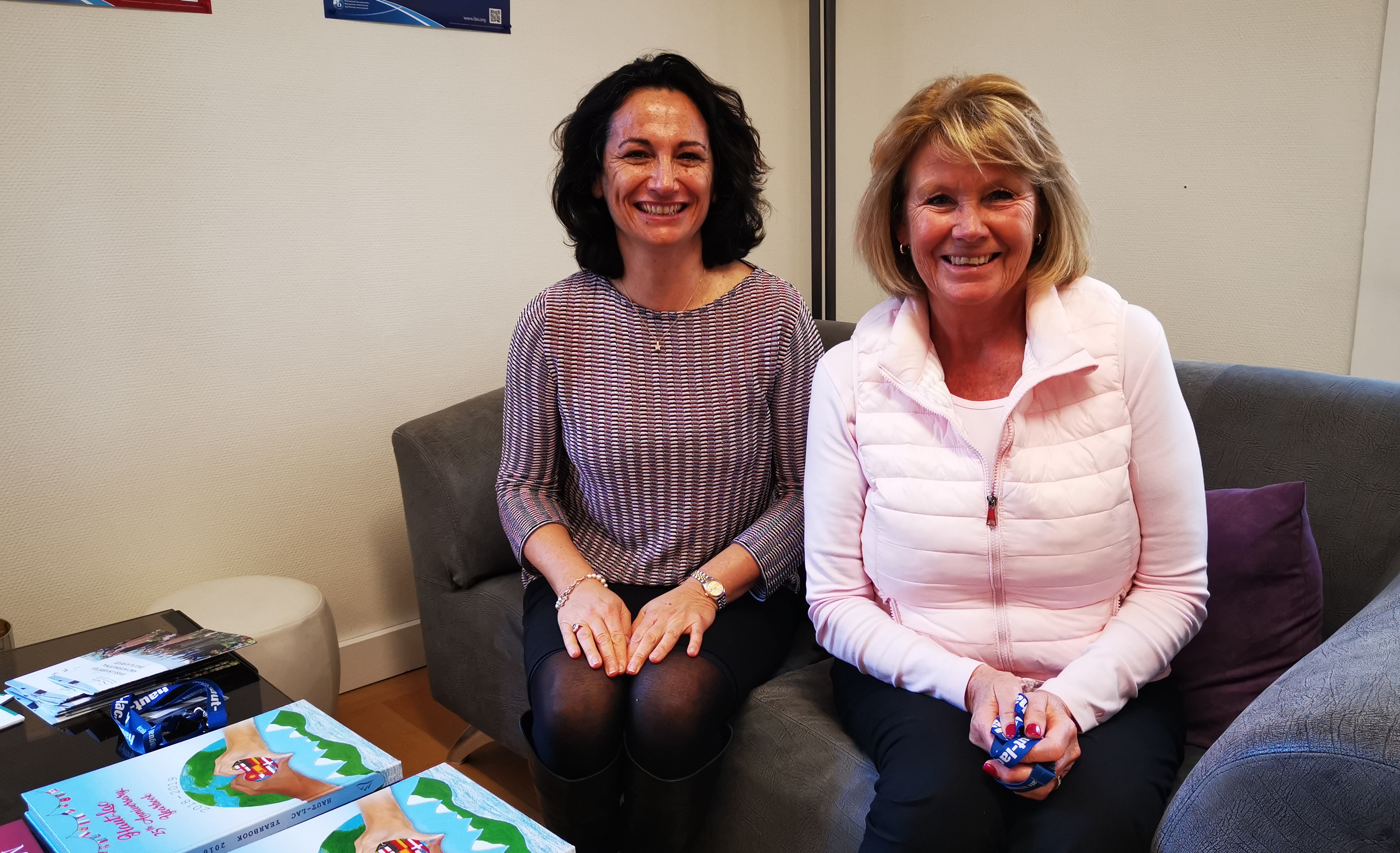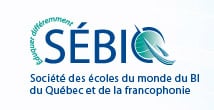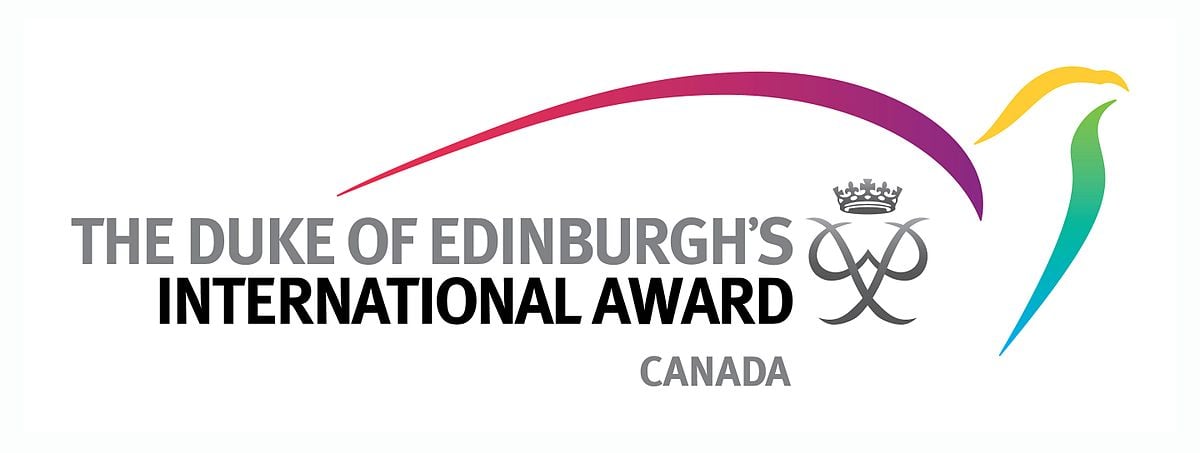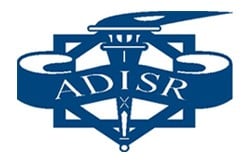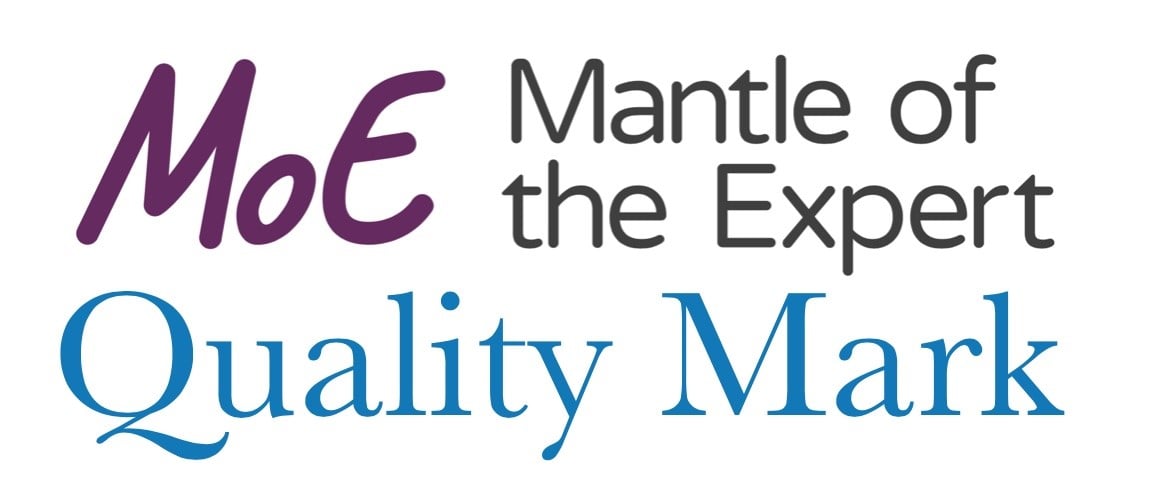Digging deeper into the arrival of the International Baccalaureate Career-Related Programme (IBCP) at Haut-Lac International Bilingual School
I sat down with Rossella Cosso (Secondary Section Head) and Anne-Marie Harwood (Managing Director) at Haut-Lac International Bilingual School to discuss their newest academic programme, the IBCP, available from August 2020.
At Haut-Lac, students will be able to choose between a career-related course in sport management, sustainable business management, design & marketing - as day students or boarding students.
This is exciting, another new programme arriving on the back of your recent Sport and Study IB MYP & DP programmes! Can you explain to us what exactly the IBCP is?
Rossella: Put simply, it is a programme run in parallel to the International Baccalaureate Diploma Programme (IBDP) that has the same status and values as the IBDP, but adopts a career-centred approach. The IBCP equips students with both a set of skills that will make them employable as soon as they leave school and a rigorous enough academic foundation that will prepare them for further education. The IBCP enables students to gain work experience as well as academic experience in order to prepare them better for the workplace.
Why did you decide to pilot the programme with the two abovementioned courses in particular?
Anne-Marie: Both courses are designed to steer students towards career fields that are becoming increasingly more important in our modern society. With the evolving, ecological mindsets of current day consumers, businesses are going to have to develop their sustainable practices. Therefore, by developing the required skills and getting relevant work experience, students will be well prepared for the industry by the time they leave school. They could also get accepted directly by the Sumas university in Gland, where the IBCP programme originated.
Similar benefits are available to those who choose computing, which is an undeniably fruitful job sector. With the advance preparation of the IBCP, students will have a wide variety of jobs open to them upon graduation and an idea of what job role they would like to have.
What do you think is the number one thing this programme offers students?
Rossella: I think the most important thing is the amount of independence and choice it gives students. It begins as quite a structured programme as students are inducted into its various components, but then becomes increasingly up to the students to chart their progress, compile their portfolios and take charge of their work experience. With more opportunities to practice personal and professional skills like presenting and self-management, the IBCP gives students more professional contact than the DP and more public exposure. Ultimately, it acts as a shortcut to heightened awareness of the world around us and the realities of working life.
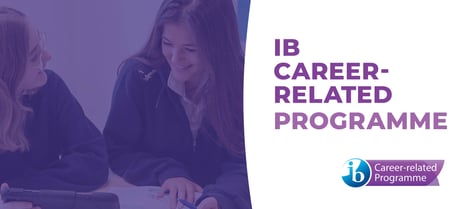
What else do you think differentiates the IBCP from the IBDP?
Rossella: It is a very personable course that places great emphasis on how a student acts and performs, rather than basing judgement purely on their academic results. I have already taught the IBCP and have seen the results first hand. Some of the students who undertook the course were unsure of where they wanted to go, but the IbCP gave them direction and an understanding of how their skills could work in life beyond the classroom. The IBCP enables individuals’ qualities to shine in a different manner, recognising their personable skills like mediation and leadership.
What makes a student suited for the IBCP?
Rossella: It depends on the student’s profile. Initially, all IB students had to follow the IBDP, even when their future goals and personality profile were more geared towards a more practical and career-focused IBCP. The IBCP is also best suited to students who are unsure on whether to go straight into work after school or to university, as it will enable them to prepare for either.
Why would you say the IBCP is so relevant now?
Anne-Marie: The IBCP responds to the changing face of education, and as such is the fastest-growing educational programme in the world. In my eyes, this popularity will only increase. Having an impressive portfolio, work experience and displayable personal and professional skills are paramount to one’s employability nowadays. Therefore, as the IBCP will help students develop all of these, students who follow it will emerge from school with great assets for job-seeking.
Will it students be able to tailor their subjects to their own interests?
Rossella: Of course, students can make their chosen IBDP courses as challenging as they need them to be. With a maximum of 4 IBDP courses to select, students who want to keep their options open to study engineering, for example, could take math, physics and chemistry at higher level and the career-related computing course.
With 5 weeks’ work experience, a portfolio reflecting their progression and a qualification recognised by the industry, the student would increase their employability and be qualified to enter the job market directly after graduation.

So, as long as students listen to the advice they receive and choose their IBCP options wisely, all avenues will remain open to them. Will they also be able to maintain their bilingual status?
Rosella: As they will still be able to study subjects in French and English and present their reflective project in either language, they will of course be able to obtain a bilingual IBCP qualification just like a IBDP qualification.
How does the IBCP enable students to keep their options open?
Anne-Marie: The IBCP is also well recognised by many universities, which is good for students who decide to further their studies before entering the working world. That is the beauty of this programme. The list of universities that accept the IBCP is already long, as it gives students credit for US-style university applications, is recognised by Swiss Hotel Schools, and has been approved as a valid apprenticeship pathway by some Swiss cantons.
What’s more, the IBCP is rapidly increasing in popularity amongst English IB schools, so it will not be long before many more UK universities recognise the programme too.
What assurance is there that recruiters understand the value of the IBCP?
Rossella: As the programme began in 2016, it has had many years to establish itself among employers, and a large number of students have already gone into work thanks to the course. I myself know a few.
Additionally, many corporations, like Nestlé, are now looking to nurture their 18+ apprenticeship schemes and view the IBCP as a channel for recruitment. Thanks to the nature of the course, they know that IBCP graduates are experienced and well-rounded workers who want to put their knowledge into practice as soon as possible.
How can you reassure parents about the validity of the programme?
Rossella: I have seen the direct benefits of passing a programme like the IBCP by interviewing former graduates who proudly discussed their university and employment offers with me. With an IB education and career-related experience under their belts, some went on to university and others went straight into work, just as the course was designed to enable them to do.
Personally, I think I was the kind of student who would have benefitted from the IBCP, had it existed when I was at school. I believe it may well be the future of education, and I am proud to be able to bring it to the fore.
What advice would you give to parents whose children are considering the IBCP?
Anne-Marie: I would ask them to understand that this programme is of equal value to the IBDP. The two differ only in design, as the IBCP was configured to meet the needs of modern society and the many evolving pathways to employment.
This course is proof that the educational system now recognises that school-age teenagers have one of two profiles: the academic profile or the professional profile.
Where the academic profile has long been served by the current educational system, the IBCP now offers the professional profile learners the same validation and opportunities. I would therefore ask parents to let students take the time to consider themselves and their ambitions for the future, and to ultimately support them in whichever option makes them post comfortable.
Well, it certainly seems like an exciting, new programme for the modern age. Thank you for your time and I wish you the best of luck with its implementation.
Rossella & Anne-Marie: Thank you very much.
Written by Katie Harwood


